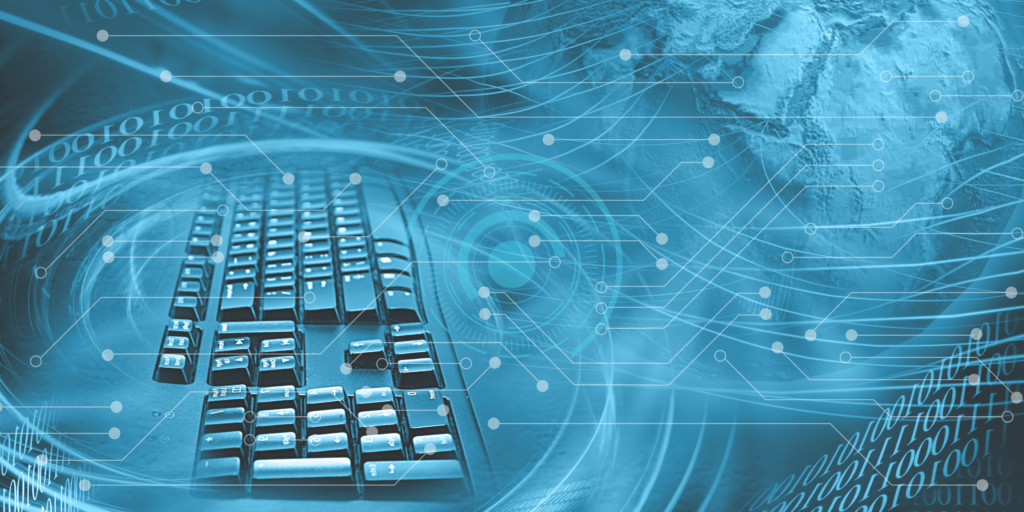
Tel: : 416-748-9236
Author: Marsha Simone Cadogan

Software licensing plays an integral role in a technology’s commercialization and
management strategy. Understanding the intellectual property (IP) aspects, such as
identifying the software’s proprietary content and how the law protects it in different
consumer markets, is key. Therefore, developing a plan to leverage the IP content for its
owner is important. As the software owner navigates their business strategy, focusing on
using the law to distinguish and safeguard their business output will likely become
prioritized.
Intersections
Copyright protects original, dramatic, musical, and artistic works. Computer programs and
software are recognized under the Copyright Act as literary works. Copyright exists in
software that is original, as is evidenced by the expression of the author’s skill and
judgment in the created work. Although no registration formality is required for copyright
to exist in software, once a technology is developed for sale or licensing to consumer
markets, it is likely best to register the software (if it satisfies the criteria for copyright
registration). Copyright law gives software developers and owners of software the sole
right to commercialize or otherwise decide how users can access or interact with their
works. The protection prioritizes the software’s technological creativity. The safeguard
given to copyrighted software in consumer markets is that the owners’ skills and judgment
used to develop the technology are protected in consumer markets.
Within the parameters of the law and depending on the monetization strategy used, software
developers can determine through contracts, such as licensing agreements, the basis on which rights to use the software is being granted. Among other material considerations, these terms include
the duration of the grant, geographic limitations (if any), payment terms, whether
improvements can be made to the technology, and permitted uses and restrictions on
engaging with the technology’s IP. These can be country or region-specific, especially if
there are differences in copyright and IP laws in the host countries.
A license to use software is different from an assignment of rights in software. When IP
rights are assigned (in software or otherwise), and the IP ownership is transferred to another.
In this context, the original developer no longer owns the technology. In more advanced
high-technology deals, it is sometimes possible for the former owner to acquire a
proprietary interest in the assigned technology through contractual relations with the new
owner. The licensor-licensee relationship is different. No IP ownership is transferred to
the licensee – only a carved-out right to use the software based on terms specified by the
licensor or negotiated with the licensee.
Final Point
Copyright law, its protection and limits thereof, can play an important role in software licensing. This holds critical implications for both software developers and technology users.
This article is for general information purposes only and is not legal advice.